“I felt the heartbeat of North Korea when I saw that hidden camera footage”: Madeleine Gavin, Pastor Kim and Soyeon Lee on Beyond Utopia
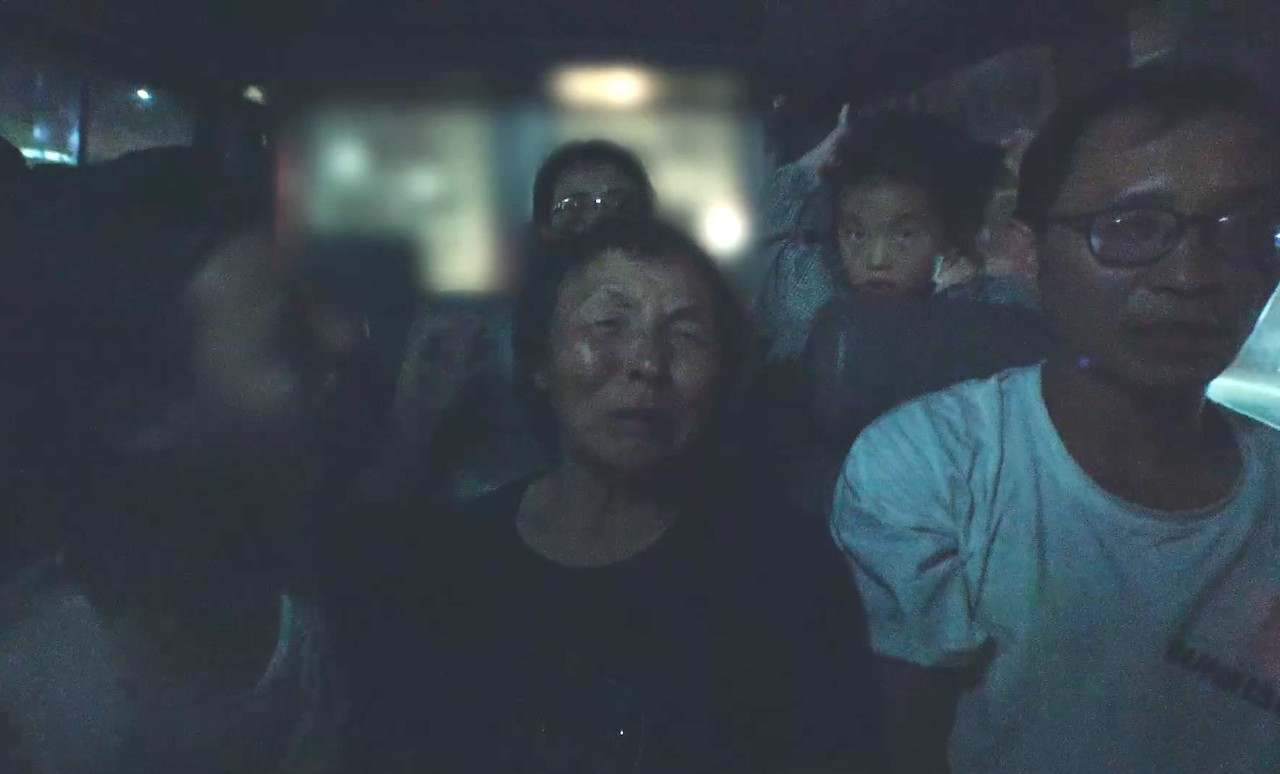
Beyond Utopia is a documentary film from Madeleine Gavin that features the account of several families that decided to flee the oppressive regime of North Korea. The story follows their journeys as they traverse Asian pastures, through the jungles and across the fierce Mekong River, to escape to lands of freedom where they can unfurl safely from their totalitarian lives. Helping these defectors is the gentle hand of Pastor Kim, founder of the Caleb Mission, who with a wide network of brokers eager to exchange money for freedom has managed to collaborate with him to help over one thousand people to date.
The film brings together real family accounts of their escape alongside footage filmed from their hidden phones, which document their perilous escape. We also as viewers learn about what happens to those that are captured and accounts of the lives they are running away from.
The Upcoming had the pleasure of speaking to Pastor Kim, Soyeon Lee and Madeleine Gavin about their collaboration, the research that went into making the feature and what they want audiences to take away.
What made you choose to make this documentary, Beyond Utopia? What was the starting point for you?
Madeleine Gavin: The starting point really was when I was approached by my producers and they had acquired the rights to Lee Hyeon-seo memoirs, The Girl With Seven Names, about her escape more than 20 years previously. I read her book and it was beautiful. It was the first glimpse I had into North Korea but I was not at all sure that I would be the person to make this movie. I didn’t want to make anything in my career unless I was going to offer something unique, something I could contribute myself.
Can you talk about the research you undertook for this film? How did you access the things that you wanted to unearth in order to bring this documentary to screen?
MG: I was intrigued and when I started doing research, I just became more and more obsessed. I read every book, I watched any movies I could find and I started digging into the internet. I plunged in head first using VPNs and searching in different languages from different countries. This went on for a few months. What I discovered was [depending on] the language I was searching in and what country I was searching from that if I really dug deep, deep, deep I could pick out little pieces about North Korean propaganda, tidbits you see in the film, things about the way children are taught, any number of things. On top of this, I started to discover some of this hidden camera footage, which was being shot by very brave North Koreans who were taking phones in paper bags, up their sleeves, in their pockets and recording the truth of life in North Korea because they want the truth to get out to the rest of the world. We basically only see in our news what the regime wants us to see, which is all about the missiles and the parades. So these people are really risking their lives and would be killed along with their families if they were ever caught with something like this. I started to see the people – the 26 million people who live in that country – so then I was like: I have to make this movie. There’s no turning back. I saw that it wasn’t out there already and I felt a responsibility at that point.
Pastor Kim, can you tell us about coming on board to work with Madeleine and how your collaboration started?
Pastor Kim: One day Madeleine reached out to me asking to learn more about the reality of North Korea. I said no the first time she reached out to me; not that I didn’t like her but it’s about saving people’s lives and it was too risky. As a foreigner, she’d be noticed in places like China. I made about ten other documentaries, and usually, the directors just have their one vision and bring me along to their vision. But it seemed Madeline was different and wanted to hear from my perspective and wanted to work with me. She said, “I absolutely value your work and how you do things, so if you say go, I’ll go, and if you say stop, I’ll stop. It’s not about you following my direction, I’m following your direction because it’s about people’s lives at stake.” So, after months of dealing with her, I realised she was very different. Madeline joined after the Mekong River on the other side of the border and was then able to film from that point.
Can you talk about the work you do at the Caleb Mission and what made you want to help the people of North Korea escape the regime?
PK: It was fate. It is my faith that led me to go to the Tumen River at first and that’s when I first ran into the street orphans who wander around after losing their parents and all their family members. They are starving and literally left all alone. There’s an actual word in Korean for them too. I ran into these kids and that’s when I met my current wife fleeing the Tumen River too. After I met this North Korean woman and fell in love with her, she became my wife and we explored the various channels through Asia, Mongolia and various other routes that could be possibilities for her escape but eventually, she managed to get a flight safely to South Korea. So even though she made it to South Korea successfully there were still many fellow North Koreans who were stuck in China. So at first, it all began with two or three people that I started to help. Then they had their friends and their own family members they wanted me to help too. So soon after it became, “Please help me too, please help my family,” and I couldn’t ignore that. It escalated into many people who needed my help and each time I’d go, “This is my last time,” and then it just continued.
Soyeon, your journey is really hard to watch, can you talk a bit about your own experience leaving North Korea as a defector many years ago and how you felt about leaving your son?
Soyeon Lee: I served in the military when I was in North Korea. I used to make 281 Won per month and that’s earning enough to buy three candies. So life was an everyday struggle as I was married with a child and left always wondering where the next meal was going to come from. I had family members that died from malnutrition and so instead of dying like this, to feed my family, I decided to leave and see what world is out there to help my family. I couldn’t take my son out: he was only six years old at the time and it’s very dangerous to cross the Tumen River with a child because if you let go of his hand he could drown. Then is no guarantee of success fleeing North Korea either. If you meet someone like Pastor Kim you could be successful but of course, there are many bad brokers out there, so in the wrong hands you could be sold into a forced marriage or prostitution. So I thought, if I get out and I have success then I can get my son out after but at the time I had no idea what I was fleeing to, I had no idea of the kind of freedom out there. So I made a promise to my son and said once I made some money I’d come back.
What is the situation with your son now? What do you know or think will happen?
SL: I contact the brokers and communicate with them at least two to three times a month and, as you can see in the film, I understand that he is still alive but at a camp having a very difficult existence. From my perspective, I just pray he’s alive and that’s the most important thing for me right now.
Madeline, how did you hear about the work Pastor Kim does and can you talk to us about building that relationship? Was he a reluctant participant at first or was he glad for you to hear his voice?
MG: I met Pastor Kim on my second or third trip to Seoul in South Korea. I’d read an article about him and I thought, “I’ve got to meet this guy.” After I met him, I discovered that some of that underground footage was being smuggled out of the country by these brave North Koreans but was then landing in Pastor Kim’s network, which is how some of it got onto the internet. I knew then he was a leading member of this and I was fascinated and in awe of what he was doing. He’s been known by the regime for 23 years and his work is known in South Korea. He’d been approached by many filmmakers and networks about doing different projects and he’s very protective of what he does, the people he’s trying to help and his network, too, which spans through many Asian countries. It took many months for us to get to know each other and at a certain point, I think we just knew we were interested in making the same kind of movie. We wanted people to feel some kind of compassion, to bring these worlds together that are so cut off. He was very reticent at first but he felt my sincerity, and that we had the same motivation. In terms of safety, he is known to the regime, as is Soyean Lee and Hyeon-seo, too, and they were all offered bodyguards by South Korea. When we followed the Roh family through five countries, there were more than 50 brokers involved, so all of that was vetted through Pastor Kim, but also through the activism world, though the policy world. We blurred the brokers’ faces, distorted their voices so they don’t sound like themselves – everything was vetted. The safe houses we show in Vietnam and Laos I checked we could show and he said it was okay because we are never in the same place twice. Security was first and foremost. When we are following the family in China, we are not there, Pastor Kim is not there and since 2009 he hasn’t even gone into China because they are complicit with North Korea and he could be kidnapped. So it was just the underground railroad, shooting with flip phones and one member of the Roh family who had already defected and wanted to travel with his mother shooting some of the footage. Every decision made was about the safety of everyone involved.
Now that it’s out there, what are you most proud of and what has been the reception so far?
MG: The reception overall has been so amazing and just so heart-warming. Obviously, the main reason this film was made was because I felt the heartbeat of North Korea when I saw that hidden camera footage and I also realised that we don’t see that. We haven’t heard their voices and as a result of that, we don’t think about them or feel any responsibility. This had to change, so now we are starting to hear from North Koreans. For every country around the world, we can’t just talk about the missiles, we have to talk about the people because we’ve turned a blind eye to them and they are suffering enormously.
Ezelle Alblas
Beyond Utopia is released in select cinemas on 27th October 2023.
Watch the trailer for Beyond Utopia here:

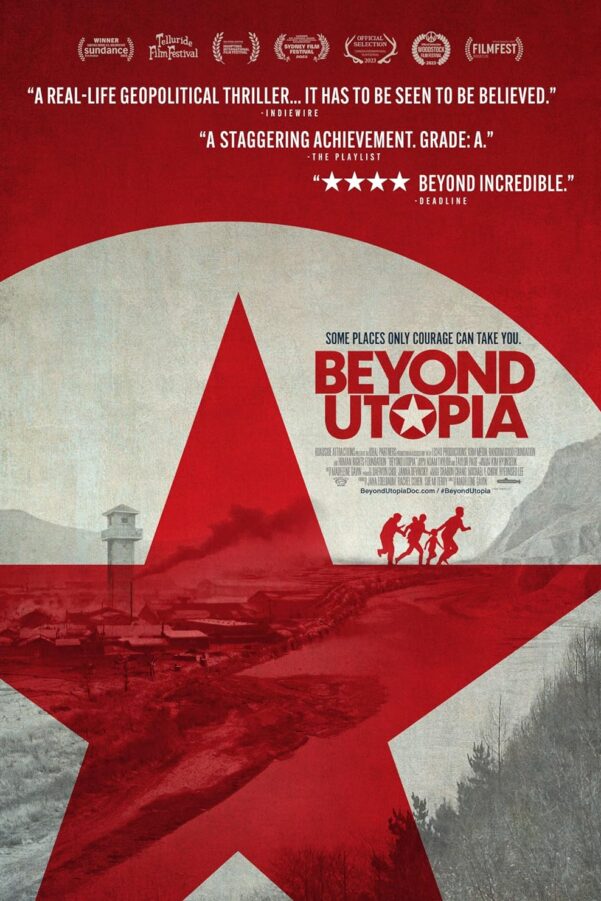
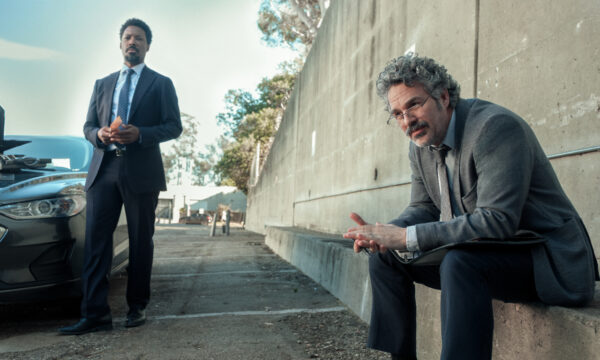
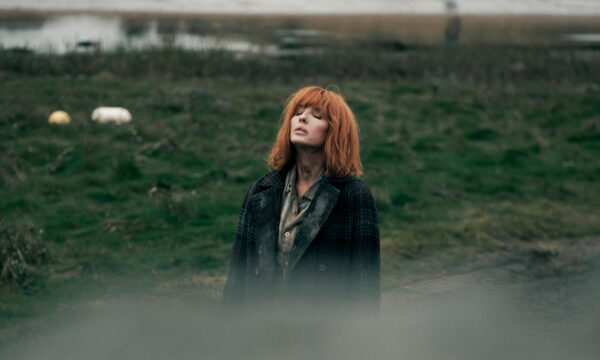
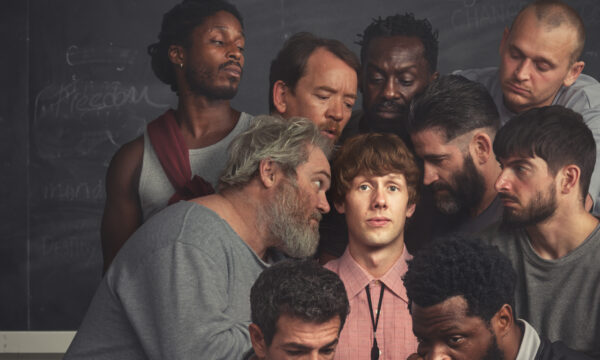
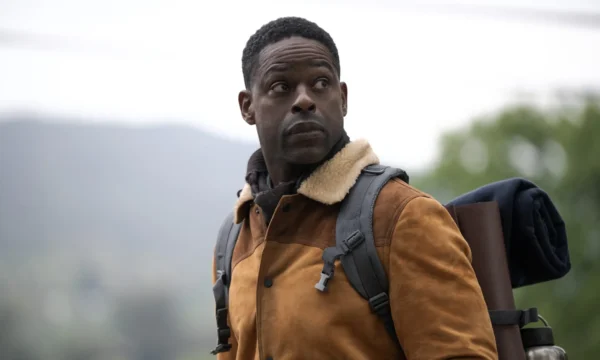

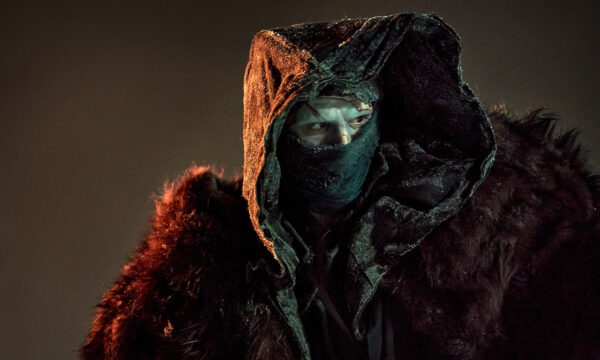
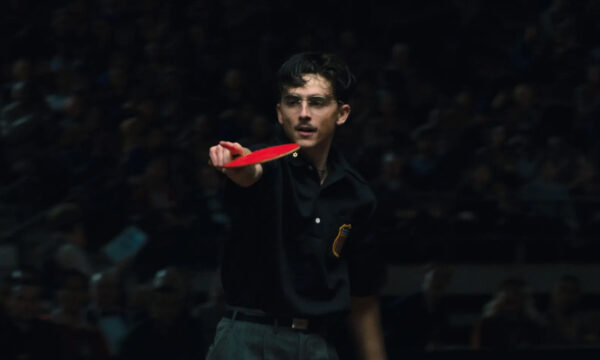
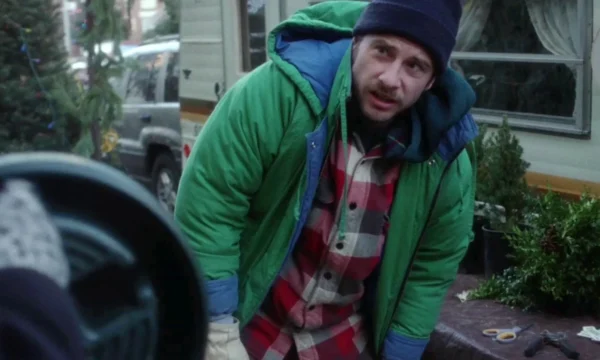
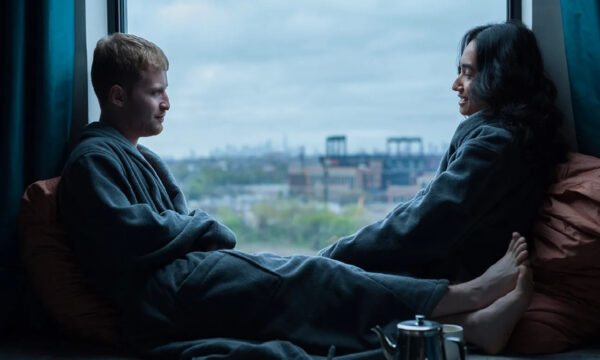







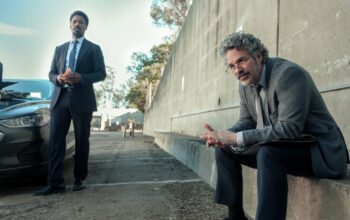
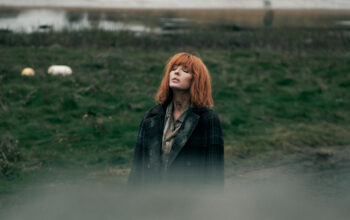
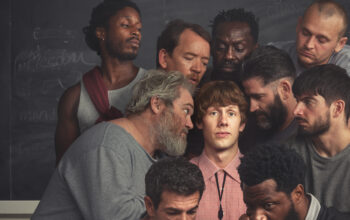



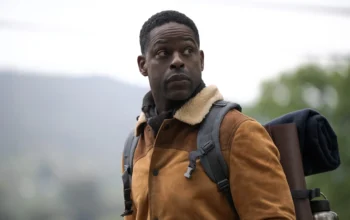

Facebook
Twitter
Instagram
YouTube
RSS